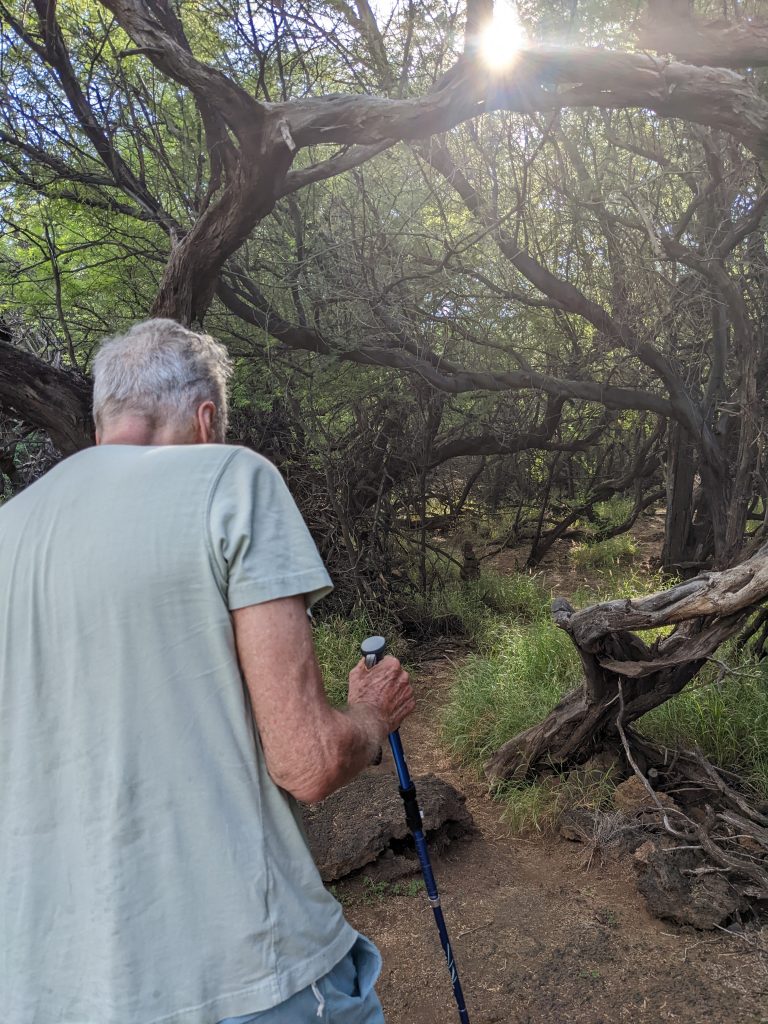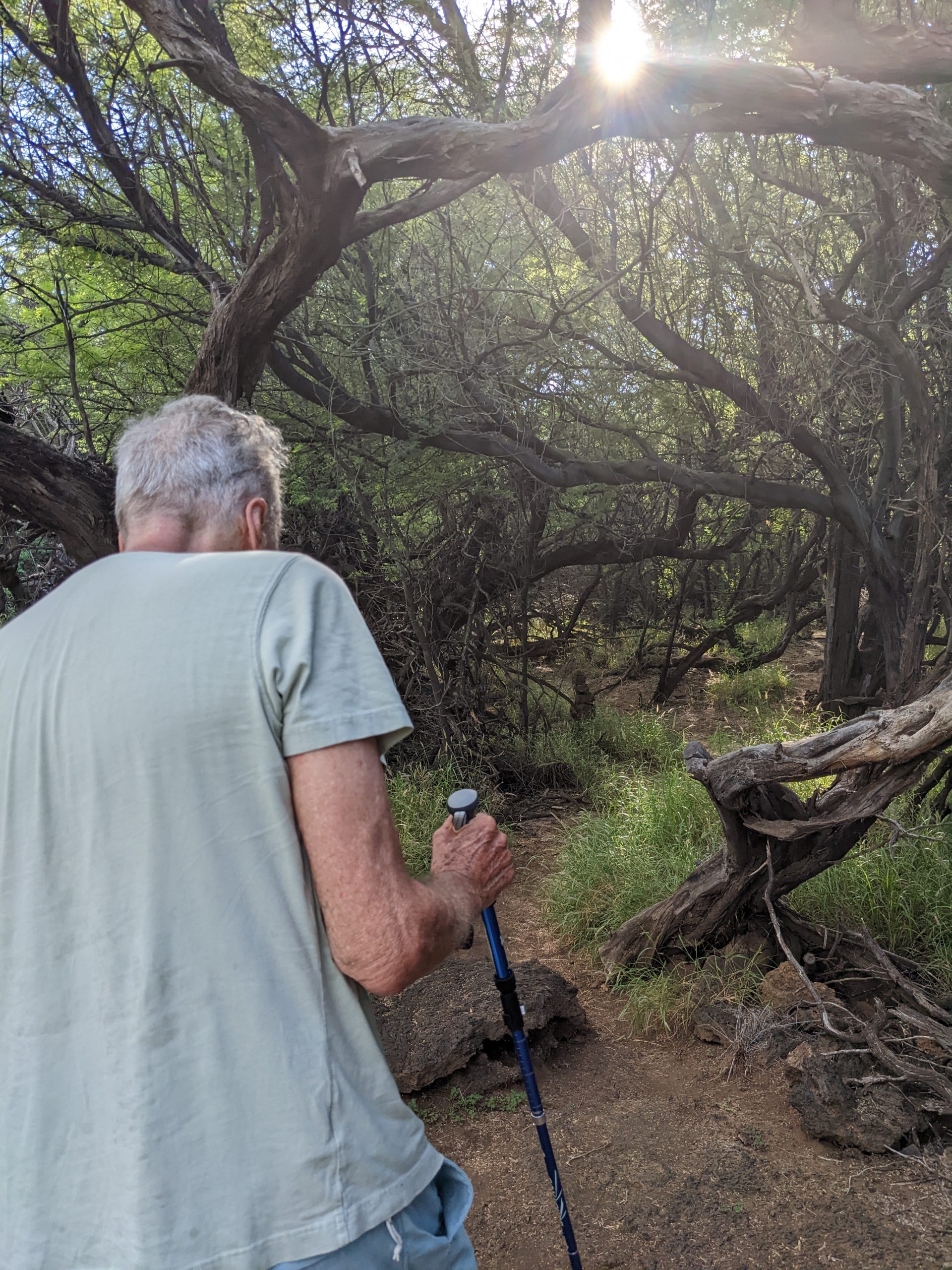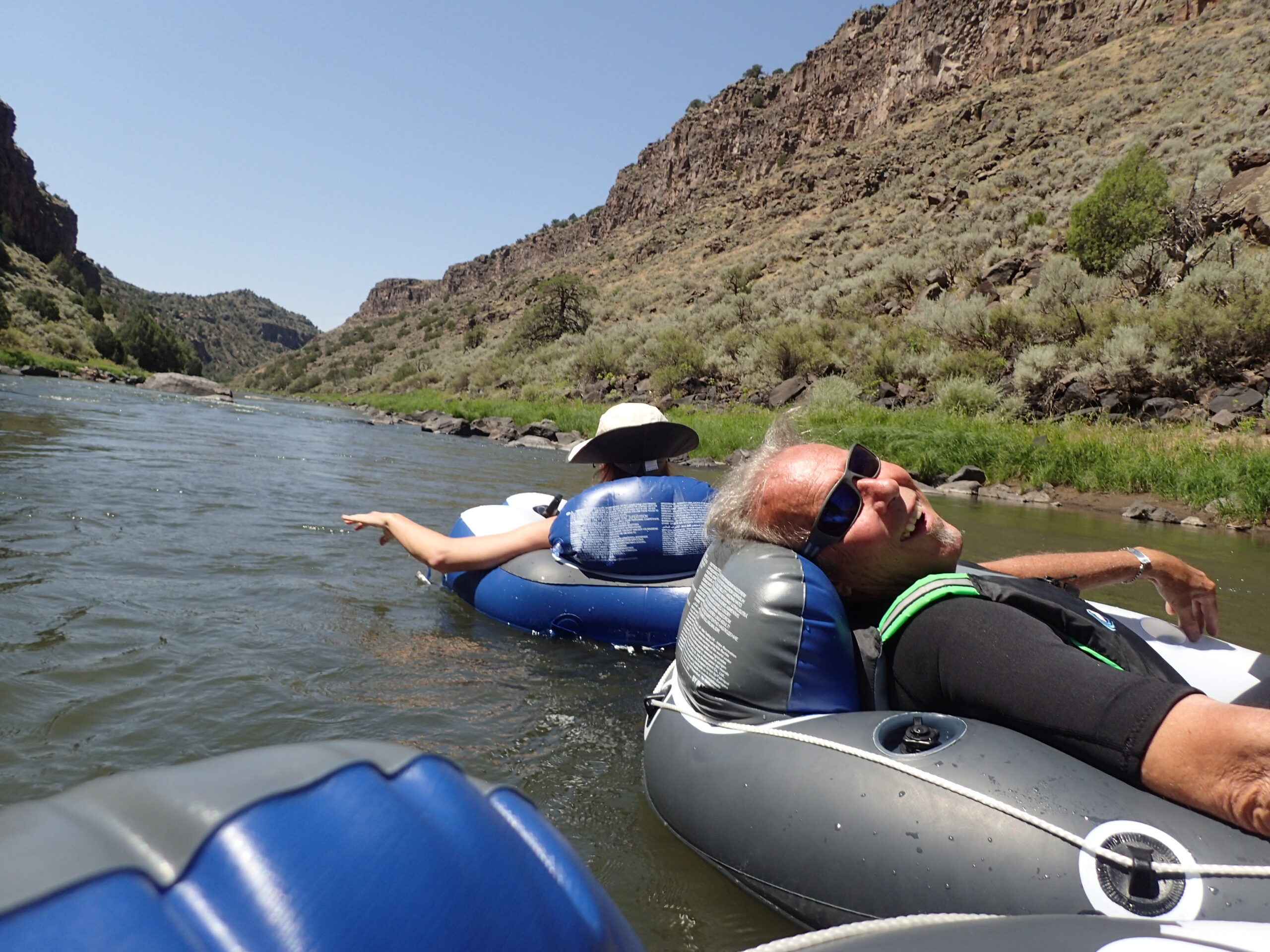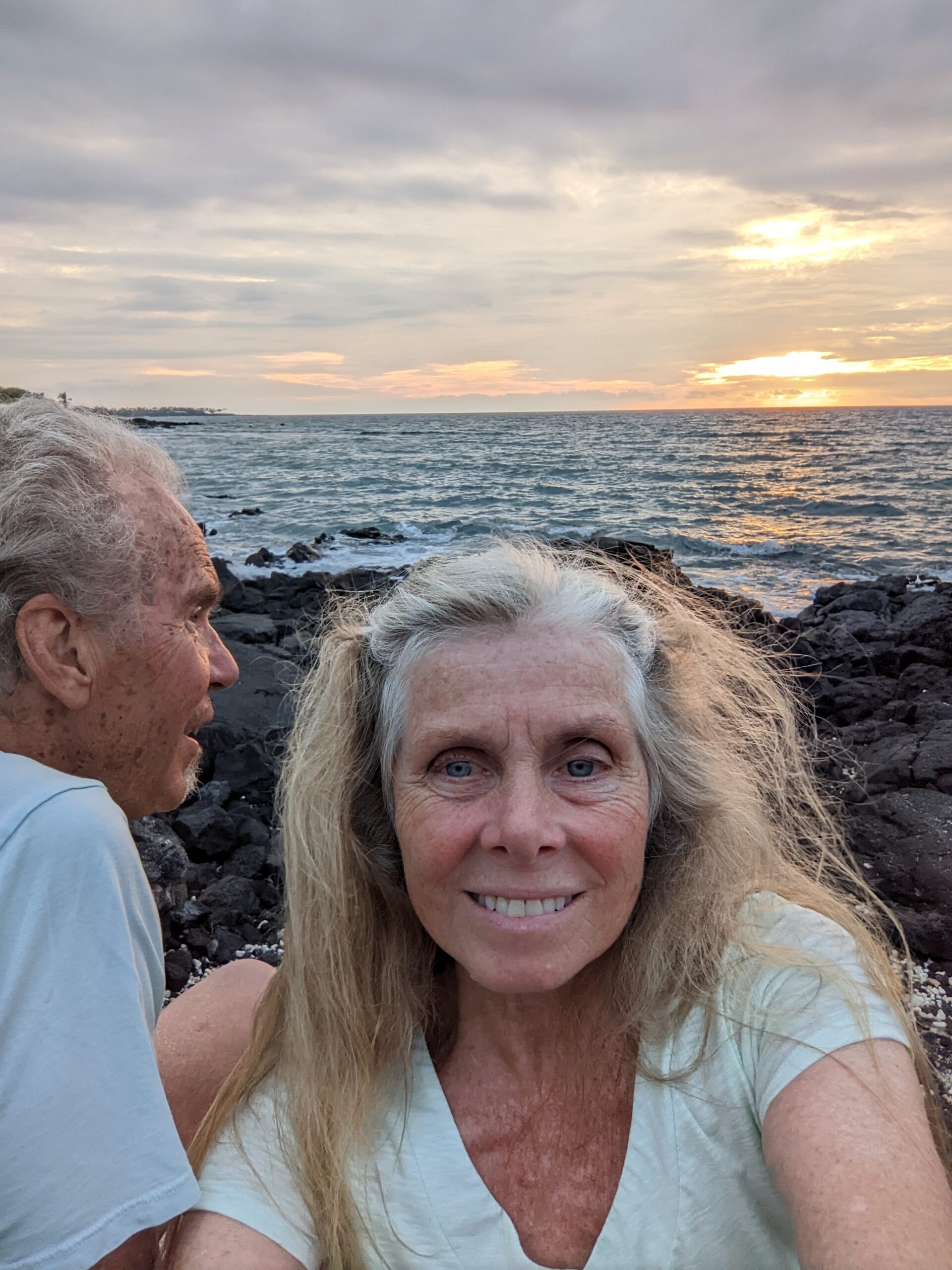
Andy loved being part of the team. His life was productive and had purpose as long as we found ways to work around his Parkinson’s limitations. We did this by paying close attention and using timing and the tools we had, correctly.
Andy’s experience with fatigue during his 18 years with Parkinson’s has not been consistent. His energy levels, sleep needs, and ability to sleep through the night change with his evolving reality. The medicines he takes, the progression of Parkinson’s, and whether or not he is in a cycle of depression that the disease and medicines can trigger, all have an effect.
As his wife and caregiver, it often falls to me to help him rest when the need arises. I have paid close attention to his cycles in order to maximize the activities he CAN participate in and that give him joy in life.
In the earlier days of Parkinson’s we were building our house. Our contractor and crew arrived every morning. Andy was on call to be the one to drive into town if supplies were needed for that day’s work, and often that need arose. At that time, our daughter lived with us and we’d all collaborate to make sure Andy had washed up, eaten breakfast and taken his medicine, with enough time for it to go into effect, before he hopped into his small white Ford Ranger pickup and drove 3 miles down our dirt road and a few more miles into town and back.
Andy loved being part of the team. His life was productive and had purpose as long as we found ways to work around his Parkinson’s limitations. We did this by paying close attention and using timing and the tools we had, correctly.
After he returned from town and delivered the building materials, he’d rest at home until the contractor apprised him of what had been accomplished that day and the crew enjoyed an end of the day beer that Andy always kept on hand for them. After they left, Andy would walk the 50 yards over to the building site and he’d pick up nails, screws and vacuum sawdust for a couple hours. His being the cleanup crew saved us a lot of money over time and allowed him to witness firsthand how the project was going. He’d ask me to write down questions he had for our contractor, because Parkinson’s had taken away his ability to write, and in the morning he’d get his answers.
Eighteen years into Andy’s Parkinson’s journey, we still work around the disease using timing and tools.
Andy has a deep brain stimulator so he doesn’t shake anymore and doesn’t need medication that causes sleepiness, but the constant stimulation in his body does cause a different type of fatigue. He is also 10 years older than he was when we were building our house.
At age 78 now, his need for rest encompasses 10-14 hours every day. He sleeps 10 hours each night and then naps throughout the day to meet his sleep needs. With this amount of rest, Andy is able to work out every day doing breathing, eye and swallowing exercises. He takes part in a yoga class most days and walks laps in our driveway using hiking poles and cleats on his shoes to help with balance and traction. He is able to work out at a gym with a personal trainer and swim in a pool, with me walking next to him. He can prepare his own lunch of yoghurt, heated soup and crackers. He can read, watch TV, socialize with family and friends and watch a movie after dinner. All these activities add up to a full life for Andy and are dependent on him getting the rest he needs.
When someone feels joy in their life, it is harder for depression to set in.
Fatigue is very real in Parkinson’s disease. Finding ways to work around it are not only possible but are essential in order to live in wellness.






Be the first to reply